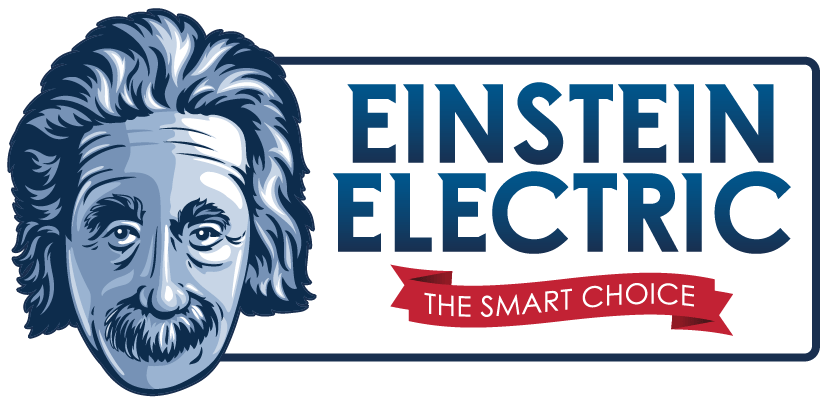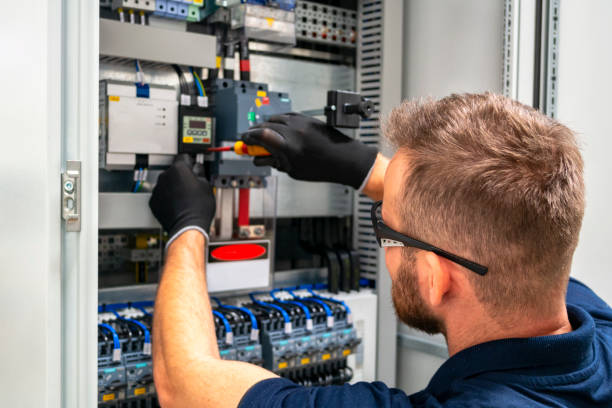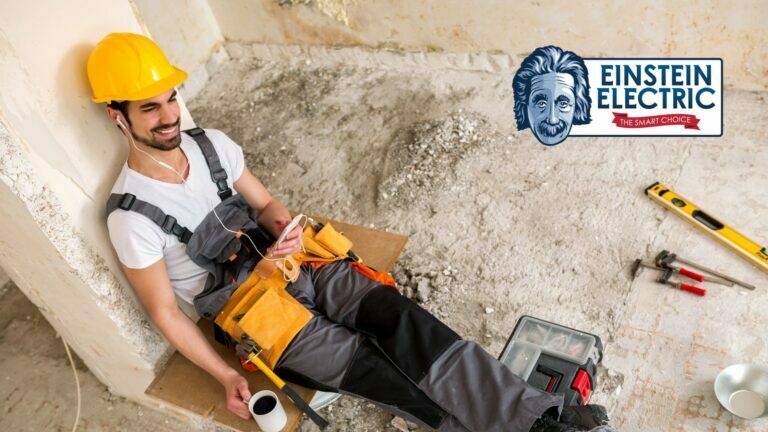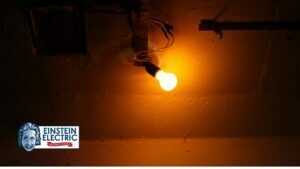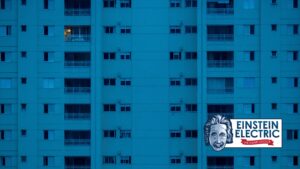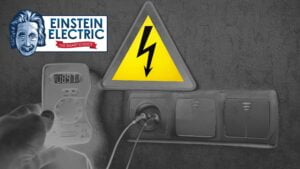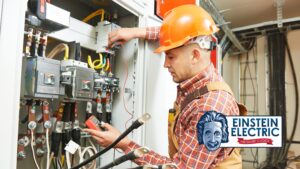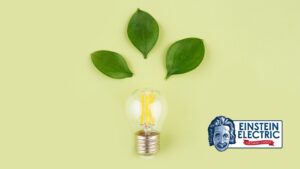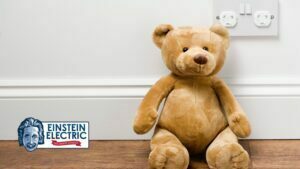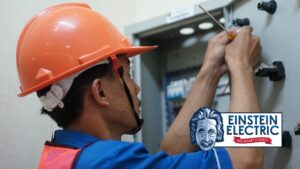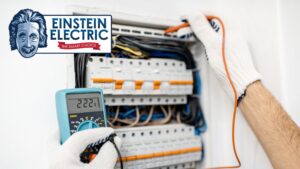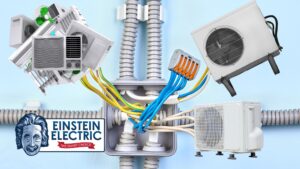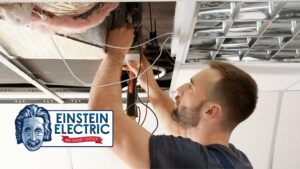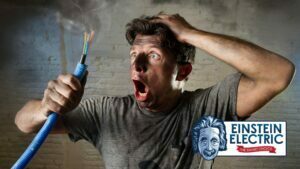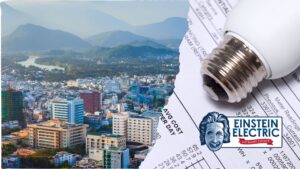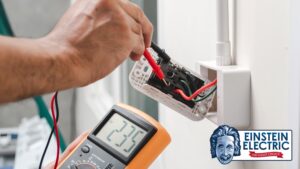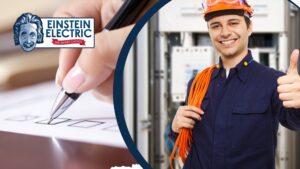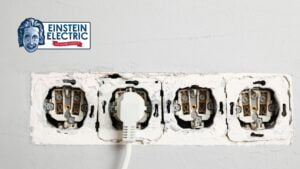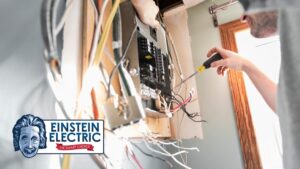In today’s fast-paced world, cooling systems play a vital role in maintaining comfortable environments in various settings, including homes, offices, and industrial facilities. These systems rely heavily on electrical components to function effectively and efficiently. To ensure their optimal performance, regular electrical maintenance is essential. By prioritizing electrical maintenance, we can enhance the efficiency of cooling systems, leading to improved energy savings, extended equipment lifespan, and increased comfort. In this article, we will explore the importance of electrical maintenance and how it contributes to the overall efficiency of cooling systems.
Electrical maintenance plays a crucial role in identifying and addressing potential issues in cooling systems before they become major problems. Regular inspections conducted by trained technicians can detect faulty electrical connections, worn-out components, or signs of electrical overload. These inspections often include visual examinations, testing of electrical components, and measurements of voltage and current levels. By identifying these issues early on, technicians can take immediate action to rectify them, preventing system breakdowns and minimizing the risk of expensive repairs or replacements.
Addressing electrical issues promptly is essential because they can have a cascading effect on the entire cooling system. For example, a loose electrical connection can cause intermittent power supply to a critical component, leading to its malfunction or failure. This, in turn, can put additional strain on other components, potentially causing a chain reaction of failures. By proactively identifying and rectifying these issues, technicians can restore the proper functioning of the cooling system and prevent further damage.
Furthermore, timely electrical maintenance helps avoid unexpected downtime, which is crucial, especially during critical periods. Cooling systems are often relied upon in environments where temperature control is critical, such as data centers, hospitals, or manufacturing facilities. Any unexpected downtime can have severe consequences, including loss of productivity, compromised product quality, or disruption of essential services. Regular maintenance ensures that the cooling system remains in optimal condition, reducing the likelihood of unplanned outages and ensuring uninterrupted cooling when it is needed the most.
Electrical maintenance plays a vital role in the early detection and resolution of potential issues in cooling systems. By conducting regular inspections and promptly addressing any electrical problems, technicians can prevent system breakdowns, minimize repair costs, and avoid unexpected downtime. This proactive approach to maintenance ensures the continuous and efficient operation of cooling systems, providing comfort and reliability to users while avoiding costly disruptions.
Improved energy efficiency is a key advantage of electrical maintenance for cooling systems. These systems are known to consume substantial amounts of electricity, and even minor electrical issues can contribute to energy wastage. For example, loose electrical connections or dirty components can cause voltage drops, leading to increased energy consumption without providing the desired cooling effect. By prioritizing routine electrical maintenance, such as tightening connections, cleaning coils, and checking insulation, we can optimize the electrical performance of cooling systems.
Routine maintenance helps to identify and rectify any electrical problems that may be causing energy inefficiencies. Technicians can address issues such as voltage drops, faulty wiring, or malfunctioning components, ensuring that the system operates at its optimal efficiency. By resolving these problems, the cooling system can function more effectively, requiring less energy to provide the desired cooling output.
Enhanced energy efficiency offers several benefits. Firstly, it reduces the carbon footprint associated with cooling systems, contributing to a greener and more sustainable environment. By consuming less energy, cooling systems release fewer greenhouse gas emissions, which helps combat climate change.
Secondly, improved energy efficiency translates into significant financial savings for homeowners and businesses. By minimizing energy losses, routine electrical maintenance reduces operating costs associated with cooling systems. Lower energy bills mean more money in the pocket, which can be reinvested in other areas or used to achieve financial goals.
Electrical maintenance plays a vital role in improving the energy efficiency of cooling systems. By addressing electrical issues and optimizing performance, routine maintenance reduces energy wastage, benefits the environment by lowering carbon emissions, and leads to significant cost savings. Prioritizing electrical maintenance not only enhances the efficiency of cooling systems but also aligns with sustainability efforts and financial objectives.
Electrical maintenance plays a crucial role in extending the lifespan of cooling systems. The heat generated by these systems during operation poses a significant threat to the electrical components within them. Over time, this heat can cause wear and tear on electrical connections, insulation, and other critical components, eventually leading to their failure. By conducting regular maintenance, technicians can proactively address potential heat-related issues, ensuring the longevity of the cooling system.
One of the key aspects of electrical maintenance is ensuring that electrical connections are properly insulated. Insulation helps protect the connections from excessive heat and prevents electrical arcing or short circuits. By regularly inspecting and maintaining the insulation, technicians can identify any signs of deterioration or damage and take corrective measures promptly. This proactive approach reduces the risk of electrical malfunctions and extends the lifespan of the cooling system.
Additionally, electrical maintenance includes ensuring that the components of the cooling system are adequately cooled. Proper cooling mechanisms, such as fans, heat sinks, or coolant systems, are essential for dissipating heat and preventing overheating of electrical components. By regularly checking and maintaining these cooling mechanisms, technicians can ensure that the heat generated by the system is effectively managed, minimizing the risk of component failure due to excessive heat.
By extending the lifespan of cooling systems through regular electrical maintenance, the frequency of replacements can be significantly reduced. This not only helps save costs but also minimizes the environmental impact associated with the disposal of old equipment. It contributes to sustainability efforts by promoting responsible resource management and reducing electronic waste.
Electrical maintenance plays a vital role in the longevity of cooling systems by addressing heat-related issues. By ensuring proper insulation of electrical connections, maintaining cooling mechanisms, and proactively identifying potential heat-related problems, technicians can extend the lifespan of the system. This reduces the frequency of replacements, saves costs, and minimizes the environmental impact associated with disposing of old equipment. Prioritizing electrical maintenance is a wise investment that promotes sustainability and maximizes the lifespan of cooling systems.
In addition to its impact on system efficiency and longevity, electrical maintenance also plays a critical role in maintaining optimal comfort levels provided by cooling systems. These systems are designed to regulate temperature and humidity, ensuring a comfortable indoor environment for occupants. However, if the electrical components within the cooling system are not functioning correctly, it can compromise the system’s performance and result in inadequate cooling or erratic temperature control.
Regular electrical maintenance addresses this issue by ensuring that all electrical components, such as sensors, thermostats, and control panels, are calibrated and functioning as intended. By calibrating these components, technicians can ensure accurate temperature and humidity readings, enabling precise control over the cooling system’s operation. This promotes consistent and reliable cooling, allowing occupants to enjoy a comfortable environment regardless of external conditions.
Moreover, electrical maintenance helps identify any issues with temperature or humidity regulation early on. For example, malfunctioning sensors or faulty thermostats may lead to inaccurate temperature readings, causing the system to overcool or undercool the space. Regular maintenance allows technicians to detect and rectify such issues promptly, ensuring that the cooling system operates within the desired comfort parameters.
By maintaining optimal comfort levels, electrical maintenance contributes to the well-being and productivity of occupants. A comfortable indoor environment promotes better concentration, enhances work efficiency, and improves overall satisfaction. Whether it is in residential, commercial, or industrial settings, ensuring that cooling systems are functioning correctly through electrical maintenance is crucial for providing a comfortable and conducive space for individuals.
Electrical maintenance is instrumental in maintaining optimal comfort levels provided by cooling systems. By calibrating and ensuring the proper functioning of electrical components, regular maintenance promotes consistent and reliable cooling, creating a comfortable indoor environment for occupants. This contributes to improved well-being, productivity, and overall satisfaction. Prioritizing electrical maintenance is essential to ensure the continued comfort and functionality of cooling systems in various settings.
.
It is important to note that electrical maintenance should be performed by qualified professionals to ensure safety and compliance with regulations. Trained technicians possess the knowledge and expertise to handle electrical systems safely, identify potential hazards, and carry out repairs or replacements according to industry standards. They can also offer valuable advice on energy-efficient practices and recommend upgrades or modifications that further enhance the efficiency of cooling systems.
In conclusion, electrical maintenance is a critical aspect of enhancing the efficiency of cooling systems. Regular inspections and upkeep help identify and rectify electrical issues, improve energy efficiency, extend equipment lifespan, and maintain optimal comfort levels. By investing in electrical maintenance, homeowners and businesses can reap the benefits of reduced energy consumption, lower operating costs, and a reliable cooling system. Ultimately, prioritizing electrical maintenance is a wise choice that brings both short-term and long-term advantages to cooling system efficiency and overall comfort.
